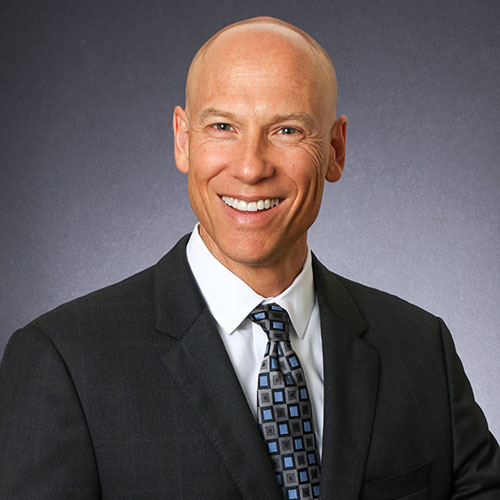Are Florida Uber And Lyft Ride-Sharing Companies Safe?
The use of ride-sharing services has exploded over the last five years. Ride-sharing companies use GPS, smartphone technology, and a dedicated smartphone app to connect drivers with passengers. Uber and Lyft were the first ones to gain popularity sometime after 2011. Both companies arrange for rides in most major cities in Florida including, Tampa, Wesley Chapel, Clearwater, St Petersburg, and Brandon. In fact, whether you call them ride-sharing, ride-hailing, or ride-booking companies, Uber and Lyft dominate the industry both in the United States and around parts of the world. They have become so popular with the younger generation that many have given up driving all together.
The popularity of ride-sharing companies makes people think they are safe. In fact, the overwhelming majority of ride-sharing rides end with no concerns at all. However, rideshare attorneys, Taxi cab services, and other industry watchers point out that there are a statistically relevant number of safety issues the industry does need to address. The main areas where consumers need to watch out for are:
- Sexual assault and rape;
- Physical assaults;
- Kidnapping; and
- shootings;
For example, the following recent Lyft and Uber driver arrests have occurred in Florida:
Lyft driver accused of groping woman in Orlando Florida
Uber driver arrested for rape of a 14-year-old girl in Kissimmee Florida
Uber driver fires gun shot in Tampa Florida;
Uber driver arrested in Manatee county, Florida for pulling a gun on passenger
Critics believe these companies could do more to make things safer for passengers.
They point to the fact that their business model is set up to avoid legal responsibility as the main culprit.
Most people assume Uber, Lyft, and other ride-sharing companies are liable for sexual assault, rape, physical assault, kidnapping, or shootings by their drivers. However, that may not be entirely true. The drivers are independent contractors and not employees. This allows Uber and Lyft to take the position that they are only providing the service of putting drivers and passengers together.
As a result, they believe they are not legally responsible for the driver’s actions.
Furthermore, in Florida, as in many other states, there is no law at this time making them responsible for the driver’s actions. Personal injury lawyer’s familiar with the ride-sharing industry have found ways to hold both Uber and Lyft responsible for the actions of their drivers based on problems that have been discovered with background checks and driver training.
No one is saying that all sexual assault, rape, physical assault, kidnapping, or shootings in the ride-hailing industry can be prevented. However, there are many steps that can be taken to greatly reduce the number of times these things happen. Some personal injury attorneys charge that the industry as a whole is not doing enough. According to these experts the lack of industry oversight is leading to an unacceptably high level of these types of events.
One problem is the minimal background checks required to drive for these companies. Both Uber and Lyft do perform background checks on their drivers. In fact, they often brag about how they investigate drivers to make passengers safer. But the question is whether these checks are just window dressing. The entire process is conducted through their websites.
The potential driver fills out an online application and a background consent form. The goal of the investigation is to prevent drivers under 22 years old, drivers with a criminal history, and drivers with a poor driving record. The process is very quick. But personal injury attorneys say it is not very thorough compared to the taxi industry. On some occasions, the background checks failed to reveal criminal records of drivers. Other industry insiders have questioned why ride-sharing company drivers do not have to meet the same standards of taxi cab drivers.
For example, in addition to a background check, taxi cab drivers in Florida often have a face to face interview with the cab company, go through an orientation class, go through a safe driving class, go through a sensitivity class, pass written tests, obtain a taxi permit through the local police department, have their fingerprints taken, and submit to random drug tests. Ride sharing drivers do not have to do any of these things.
Find a Florida Rideshare Accident Lawyer Near You
- Tampa Rideshare Accident Lawyer
- Wesley Chapel Rideshare Accident Lawyer
- Clearwater Rideshare Accident Lawyer
- Brandon Rideshare Accident Lawyer
- Sarasota Rideshare Accident Lawyer
- Largo Rideshare Accident Lawyer

As an ethical and trusted Tampa personal injury lawyer, Scott Distasio founded Distasio Law Firm in February of 2006, which focuses on all types of personal injury cases. He wanted to open a law firm that represented his belief that all firms should provide ethical and outstanding service to their clients.

